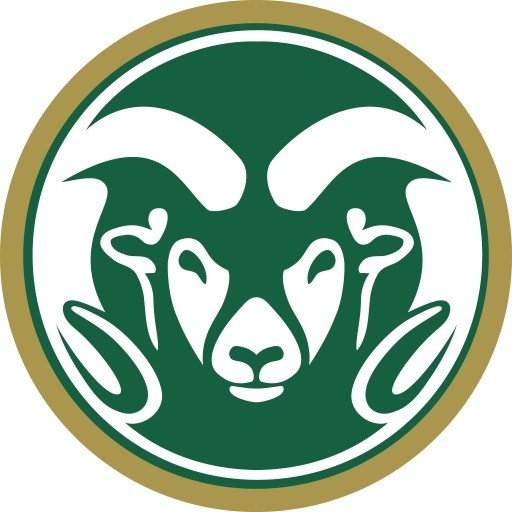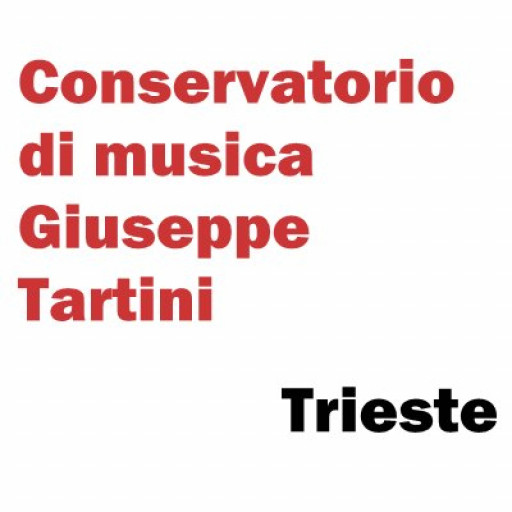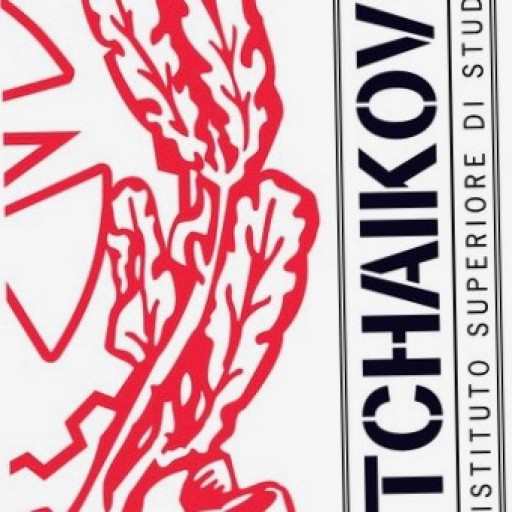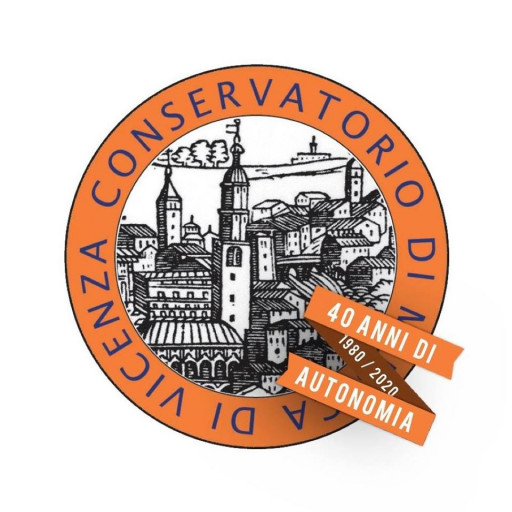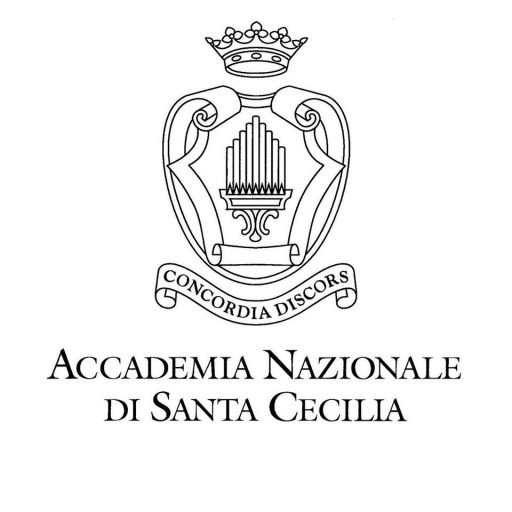Photos of university / #dartmouthcollege
Digital Musics at Dartmouth College is an innovative interdisciplinary program that explores the artistic, technical, and cultural dimensions of contemporary music created through digital technology. The program is designed to equip students with a comprehensive understanding of electronic and computer-based music production, sound design, digital composition, and the evolving landscape of musical performance in the digital age. Students engage with a broad spectrum of topics including music theory, acoustics, programming, audio engineering, and multimedia integration, fostering both creative expression and technical proficiency.
Through a combination of coursework, hands-on projects, and collaborative research, students learn to utilize cutting-edge digital tools and software for composing, recording, and producing music. The curriculum emphasizes the development of critical listening skills, innovative sound synthesis techniques, and the exploration of new musical forms enabled by digital media. Participants also examine the societal implications of digital music, such as issues of copyright, distribution, and access, gaining a multidisciplinary perspective on the role of technology in shaping modern musical practices.
The program encourages experimentation and encourages students to push the boundaries of traditional music creation, integrating elements from various genres and cultures. Students have opportunities to work individually and collaboratively in state-of-the-art laboratories and studio environments, often involving interdisciplinary collaborations with artists, technologists, and researchers from other fields. The Digital Musics program prepares graduates for careers in electronic music production, sound design, technological innovation in the arts, or further academic research.
With faculty composed of experienced musicians, technologists, and scholars, Dartmouth’s Digital Musics program offers a rich educational environment that promotes both technical mastery and artistic exploration. Students graduate with a versatile skill set that combines creativity, technical knowledge, and critical thinking, enabling them to contribute meaningfully to the rapidly changing digital music landscape. Whether aspiring to become a composer, performer, sound designer, or digital media artist, students in this program leave equipped to innovate and lead in the dynamic world of digital music.
Requirements for the Master of Arts Degree (M.A.) in Digital Musics
- A minimum of seven terms in residence.
- Demonstrated experience and expertise on an acoustic musical instrument; an understanding of Western music theory that includes four-part harmony, modulation, and form and analysis; a knowledge of musical styles that includes the music of the world’s peoples, twentieth-century art music, American popular music and traditional Western art music.
- Enrollment in the Proseminars in Music and Technology (MUS 101-105), given each term, for a total of 6 graduate seminars. Students generally take each Proseminar at least once, Composition (MUS 104), twice.
- A number of electives in different disciplines (as well as music), including, but not limited to engineering, psychology, computer science, mathematics and physics. The electives and the specific courses in computer science and engineering will depend on the student’s background and area of specialization within the program. Electives may be used to remedy deficiencies in mathematics, computer science, engineering, or music.
- Directed research (thesis courses). Two courses (MUS 138) taken under the joint supervision of a member of the music faculty and a member of another cooperating department.
- A thesis approved by the student’s graduate committee demonstrating a mastery of the materials in the student’s area of concentration within the program.
Digital music requires knowledge and skills in music, computer science, engineering or physics, as well as some significant expertise in one or more of these disciplines. In addition to music, graduate students in our program may bring to bear experience in other, widely diverse fields (such as visual art, philosophy, mathematics, etc.). Candidates for admission to the Master of Arts program often satisfy one or more of the following criteria:
- Music: A bachelors degree in music or equivalent experience and demonstrated accomplishment in musical composition and/or performance.
- Computer Science: A bachelors degree in computer science or equivalent experience. This might include knowledge of applied mathematics, artificial intelligence, or related areas of science and engineering.
- Engineering Sciences or Physics: A bachelors degree in engineering sciences or physics, or equivalent experience. This could include a knowledge of acoustics, digital electronics and microprocessors, techniques of modeling and analyzing systems, or general hardware design.
- Music Cognition: Demonstrated knowledge and experience in the field.
- Proven excellence or demonstrated potential in some other field, in preparation for advanced work in electro-acoustic music.
- GRE.
- IELTS or TOEFL
Master’s students are generally awarded a full tuition scholarship, as well as an annual stipend, which typically allows students to devote full-time to their studies. The acceptance of financial support entails a commitment to a variety of activities and responsibilities vis a vis the graduate program and the studio: including studio management and development, research, informal teaching, and full participation in the artistic and intellectual life of the program. Occasionally, graduate students may serve informally as research or teaching assistants in the Departments of Music, Psychology, Computer Science, or the Thayer School of Engineering.
Digital Musics at Dartmouth College is an interdisciplinary program that explores the integration of technology, artistic expression, and music theory. The program is designed to provide students with a comprehensive understanding of digital sound production, electronic music composition, and the technological innovations shaping contemporary music. Students engage in coursework that covers topics such as sound design, computer music, audio engineering, and multimedia art, fostering both technical skills and creative expression. The curriculum combines theoretical foundations with hands-on experience using state-of-the-art digital tools and software, enabling students to develop original works and understand the technological context of modern music creation.
Throughout the program, students have access to specialized facilities, including recording studios, computer labs equipped with industry-standard software, and performance spaces for live electronic music. Faculty members often have backgrounds in music technology, electronic music composition, computer science, and art, providing a rich, multidisciplinary learning environment. The program encourages collaboration across disciplines, allowing students to work on projects that may include sound art, interactive installations, and performance art, reflecting the evolving landscape of digital musics.
Students interested in Digital Musics can often participate in various performance and exhibition opportunities both on campus and in external venues, gaining practical experience and expanding their professional networks. The program prepares graduates for careers in fields such as electronic music production, sound design for media, interactive multimedia, and digital arts. Many alumni continue on to graduate studies or work in innovative companies, cultural institutions, or as independent artists. Given Dartmouth's emphasis on liberal arts education, students are also encouraged to combine digital music studies with other academic interests, fostering a versatile and broad skill set. The program's strength lies in its blend of creative exploration and technological rigor, ensuring graduates are well-equipped to contribute to the rapidly changing landscape of digital and electronic music.


